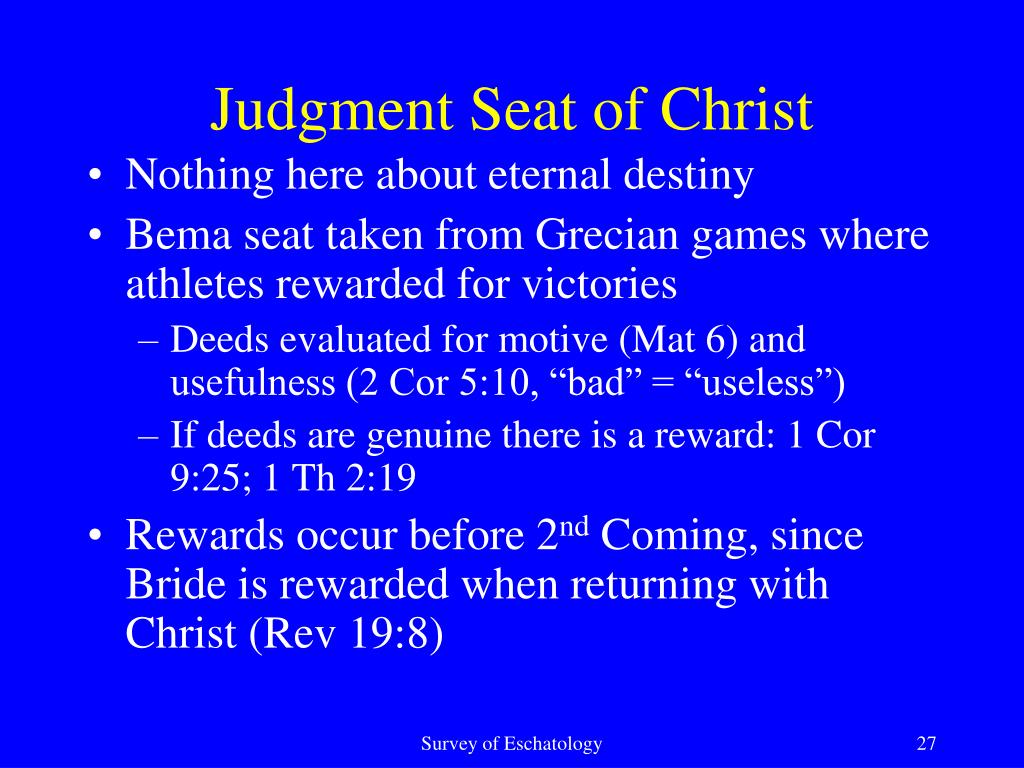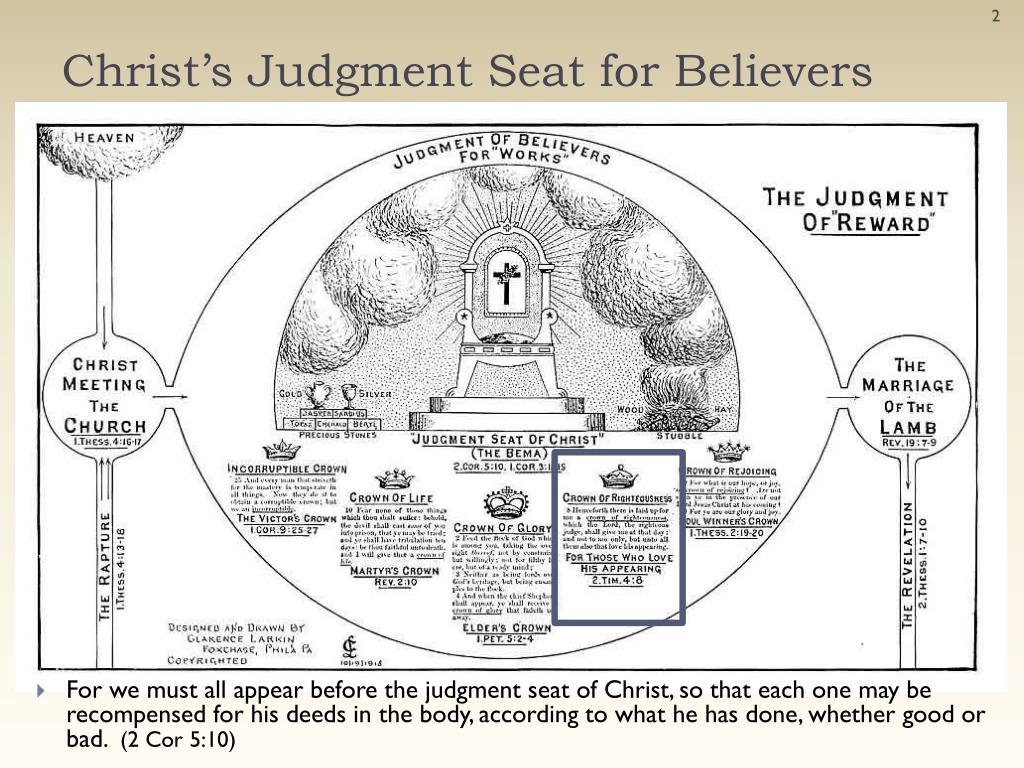

Many signs thus tell us that even without the aid of Augustine, chiliasm was probably in its death-throes by the time he wrote the last books of The City of God in a.d.

By the time Constantine proclaimed Christianity the state religion in the fourth century, a non-chiliastic eschatology was surely the norm in most places, and in many it had been so ever since Christianity had arrived there. There is no evidence that chiliasm was hurt by any association with Montanism. 3 Tertullian, who became a Montanist, did not get his chiliasm from them, but from Irenaeus. The early Montanists, it turns out, were not chiliasts and were never criticized for being so. These motivations were not his alone but belonged to large segments of the Church. For example, despite Origen's intentional use of the allegorical method, his essential critique of chiliasm had real theological and traditional motivations. Both sides used literal exegesis and both used allegorical exegesis when they deemed it best. The hermeneutical question is indeed an important one, but to put the debate in terms of literal against allegorical is overly simplistic. And, finally, they suggest that the authoritative repudiation of chiliasm by Augustine, who formerly had held such a belief, "put the nails in the coffin" of premillennialism. They note that the peace of Constantine led the Church to the false belief that the millennium had already arrived. They explain that the prophetic excesses of the Montanists gave chiliasm a bad name. They cite the rise of an unbiblical and dangerous allegorical hermeneutic (by such as Clement of Alexandria and Origen) which took a sad toll on sound biblical exegesis. The answer given by modern premillennial apologists usually suggests that premillennialism was overcome for illegitimate reasons.

How and why then did this view finally fall into disrepute? 2 Some form of chiliasm was certainly defended by such notable names as Justin Martyr and Irenaeus of Lyons in the second century and Tertullian of Carthage in the third. Many modern apologists for premillennialism allege that before the time of Augustine chiliasm was the dominant, if not the "universal" eschatology of the Church, preserving the faith of the apostles. It was not until the nineteenth century that chiliasm made a respectable comeback, as a favorite doctrine of Christian teachers who were promoting revival in the face of the deadening effects of encroaching liberalism.īut how are we to view the Church's earliest period up until the first decisive rejection of chiliasm in the Church? By most accounts this was the heyday of chiliastic belief in the Church. XVII, "Of Christ's Return to Judgment"), and John Calvin criticized "the chiliasts, who limited the reign of Christ to a thousand years" ( Institutes 3.25.5). The Augsburg Confession went out of its way to condemn chiliasm (Art. Even through the Reformation and much of the post-Reformation period, advocates of chiliasm were usually found among fringe groups like the Münsterites. But there was a period of well over a "millennium" (over half of the Church's history), from at least the early fifth century until the sixteenth, when chiliasm was dormant and practically non-existent. To many Christians today, premillennialism is the very mark of Christian orthodoxy. Having attached itself to fundamentalism, chiliasm in its dispensationalist form has been vigorously preached in pulpits, taught in Bible colleges and seminaries, and successfully promoted to the masses through study Bibles, books, pamphlets, charts, and a host of radio and television ministries. 1 To say that the Church "rejected chiliasm" may sound bizarre today, when premillennialism is the best known eschatology in Evangelicalism.

HillĬhiliasm is the ancient name for what today is known as premillennialism, the belief that when Jesus Christ returns he will not execute the last judgment at once, but will first set up on earth a temporary kingdom, where resurrected saints will rule with him over non-resurrected subjects for a thousand years of peace and righteousness. Why the Early Church Finally Rejected Premillennialismįrom Modern Reformation By Charles E. RPM, Volume 17, Number 8, February 15 to February 21, 2015 Southeastern Baptist Theological Seminary.He Gave Us Scripture: Foundations of Interpretation.Your Kingdom Come: The Doctrine of Eschatology.Kingdom, Covenants & Canon of the Old Testament.Kingdom & Covenant in the New Testament.


 0 kommentar(er)
0 kommentar(er)
